Carter in India: a foundational visit
The recent visit of the U.S. Defense Secretary to India has yielded significant outcomes on streamlining bilateral military interactions, deepening maritime security cooperation and defence technology collaboration. As India grows closer to the U.S., it should be clear about the objectives of this engagement

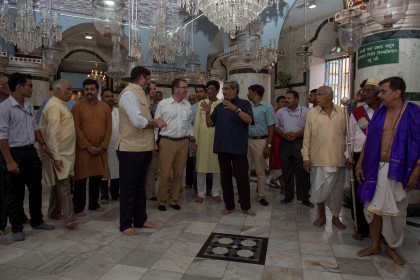

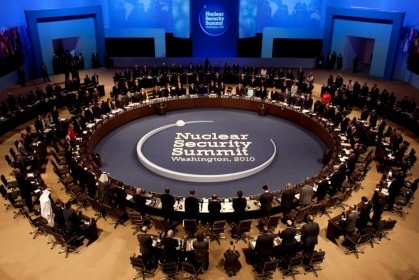
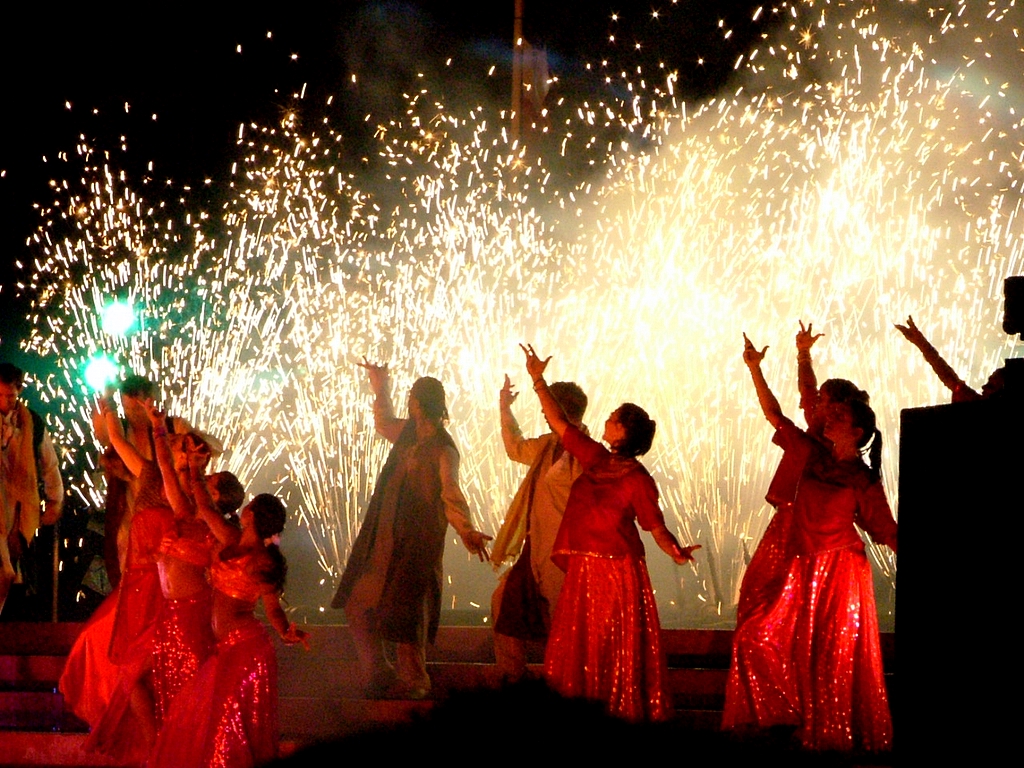
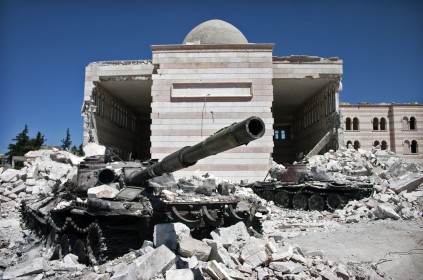


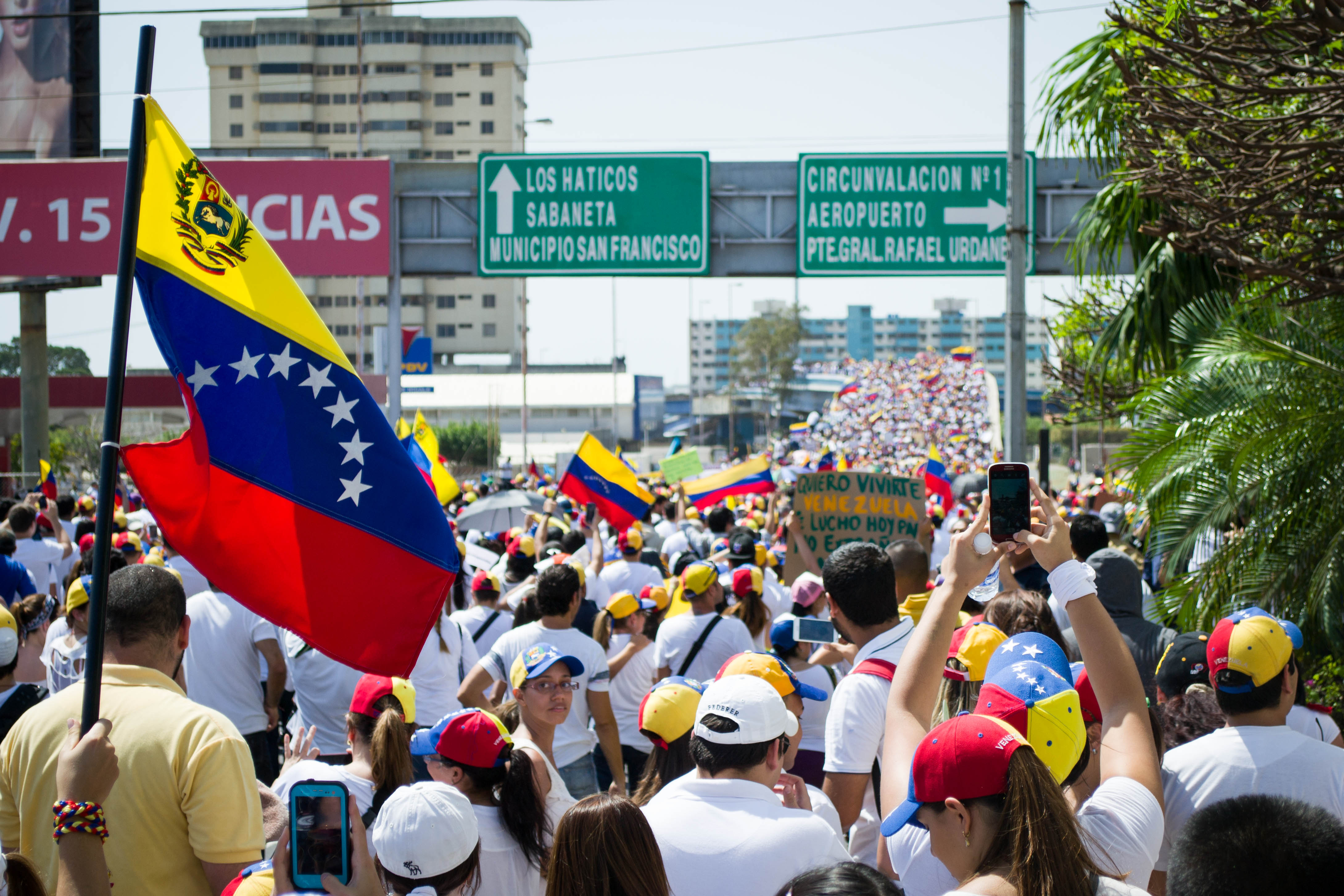
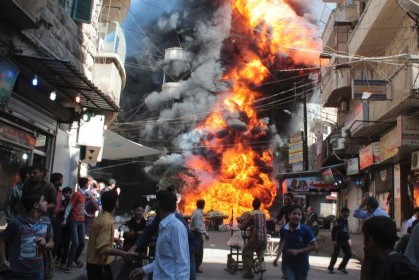

![DSC_0211[1]](https://www.gatewayhouse.in/wp-content/uploads/2016/01/DSC_02111-e1452754538418.jpg)